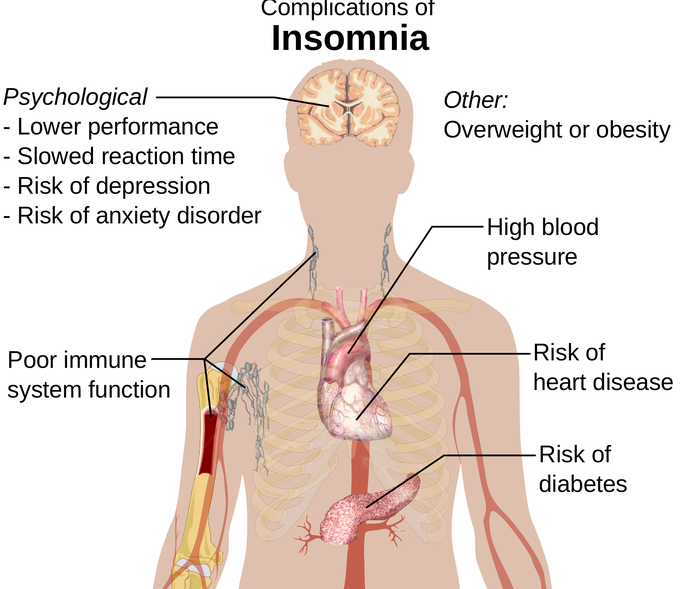Eating disorders problems and food addiction
Eating disorders problems that is associated with food addiction: Overeating to the point of obesity

Eating disorders problems are conditions that may be associated with food addiction and needs to be addressed before the problem escalates to serious complications
Eating disorders problems is becoming a serious concern to many people across the globe and while food is a basic need, when it is abused it brings with it weight related health complications which can be very chronic in nature. As things stand now, there are several types of eating disorders problems many families are struggling with including compulsive eating, anorexia nervosa and bulimia. In our previous article we dealt with compulsive eating and you can make reference to that on this link. However for the purpose of this article, we want to concentrate on anorexia nervosa and bulimia. Talking of weight related complications it is amazing how people respond to this situation. Available statistics indicate that people do overeat and this often escalates to the point of obesity, others ingest large quantities of food and then avoid its integration by vomiting and still others chose to go starve themselves in order to lose weight. All of these practices are considered to be addictive behaviors with no clear etiology.
Eating disorders problems that is associated with food addiction: Anorexia Nervosa
Experts at AWAREmed Health and Wellness Resource Center says that this addictive behavior (anorexia nervosa), causes people to start believing that they are too fat, even when they are of normal weight for their age and height. Under these circumstances, the individual feels that they must always be on diet and occasionally starve themselves to be slim and remain composed and beautiful. The implication of this practice is that once in it becomes so addictive that getting out becomes very difficult. Doctor Akoury reiterates that persons struggling with anorexia (Anorexics) will be emotionally disturbed and a lot of energy thinking of ways of avoid food and also to cover up their lack of eating. The cost of hiding some of this practice can be very disturbing thereby causing the victim even to wear bulky clothing, throw food away secretly and also engages in frequent exercises away from the view of people including in the middle of the night all in an attempt to burning up calories.
While the desire of the victim may be genuine the consequences may be very wanting because lack of eating and extreme diets. This then causes anorexics to be malnourished and also exhibit signs and symptoms of starvation. Other symptoms of anorexia may include cessation of menstruation, extreme thinness, edema (swelling in various parts of the body from electrolyte imbalance), thinning or falling hair, tooth decay, and dry skin from dehydration. Even with these symptoms they continue to compulsively lose weight to the point of emaciation and sometimes death. Along with losing weight, they are often obsessed with obtaining extremely low body fat composition. Even when they have lost weight to the point of emaciation, they view themselves as being fat.
Statistics indicate that most anorexics are of the female gender from white upper-middle-class families. They tend to be high achievers and to be compulsive in other aspects of their life such as schoolwork. As an example, they become extremely depressed if they do poorly on an exam. They have low self-esteem usually they often deny of not having a problem and are often depressed.
The problem of addiction is one which can be a serious thorn in people’s flesh. A lot is being done to contain the general problems of various types of addiction and doctor Dalal Akoury MD, President and founder of AWAREmed Health and Wellness Resource Center is not left out. And in her effort to making a positive difference in people’s lives AWAREmed Health and Wellness Resource Center is organizing their 2nd Annual Integrative Addiction Conference Workshops that adopt partnership and dialog among integrative Medical experts in a nurturing, empowering, motivating, cozy atmosphere. This conference venue will be at Austin Texas: Doubletree by Hilton Austin and it will be very helpful for you and your career; you’re free to register your attendance for the full-day workshops which will offer information personalized for your interest and are designed to ease you towards transformational growth. For further enquiries you can get in touch with us at 6505 Interstate Highway-35 North Austin, TX 78752 and out Phone contact is: 512-454-3737 Fax: 512-419-0102. You are most welcome to this year conference schedule for June this year.
Eating disorders problems that is associated with food addiction: Bulimia
The person who overeats or binges on food and then prevents absorption by purging (laxatives, vomiting, water pills, enemas etc.) is considered to have bulimia. In this obsessive behavior the person feels driven to consume food as well as to purge him/herself of it to prevent gaining weight. It is often associated with anorexia. Bulimia can occur with individuals who are of normal weight or even overweight. The bulimic person often plans and organizes the consumption of a large amount of food. The planning is often ritualistic and secretive. So great an amount of time and energy is spent thinking of food that it often interferes with an individual’s ability to function.
This behavior is usually cyclic in nature, with the person binging due to loneliness, depression, or boredom and then purging due to feelings of guilt about binging. Symptoms of bulimia include tooth decay, dehydration, constipation, weakness, lightheadedness, low blood potassium, cardiac arrhythmias, kidney damage, swelling of salivary glands, and irritated esophagus. The blood chemical imbalance can lead to heart attack. The individual is usually secretive about the behavior and may make numerous trips to the bathroom as the result of laxative abuse or desire to vomit.
Finally, just like it is with anorexics, bulimics is also common with white upper-middle-class females. Their involvement is always in line with cheerleading, performing arts, or gymnastics. This causes them to have low self-esteem and rely on the opinions of others to validate their self-worth. As things stand now, what causes bulimia is not known, however various theories, including emotional stress, need for relief from anger and depression, and pre-occupation with body size, have been suggested as possible causes. And just like with anorexia, bulimia may be related to a malfunctioning hypothalamus or a need to be in control of one’s environment.
Eating disorders problems that is associated with food addiction: Overeating to the point of obesity



 This refers to a brief period of lack of sleep. This type of insomnia is mostly caused by life events and circumstances for example when you go to bed after receiving a stressful news or an unexcpected news that is too overwhelming. Acute insomnia will affect you for the least time and resolves without any medical intervention.
This refers to a brief period of lack of sleep. This type of insomnia is mostly caused by life events and circumstances for example when you go to bed after receiving a stressful news or an unexcpected news that is too overwhelming. Acute insomnia will affect you for the least time and resolves without any medical intervention.




